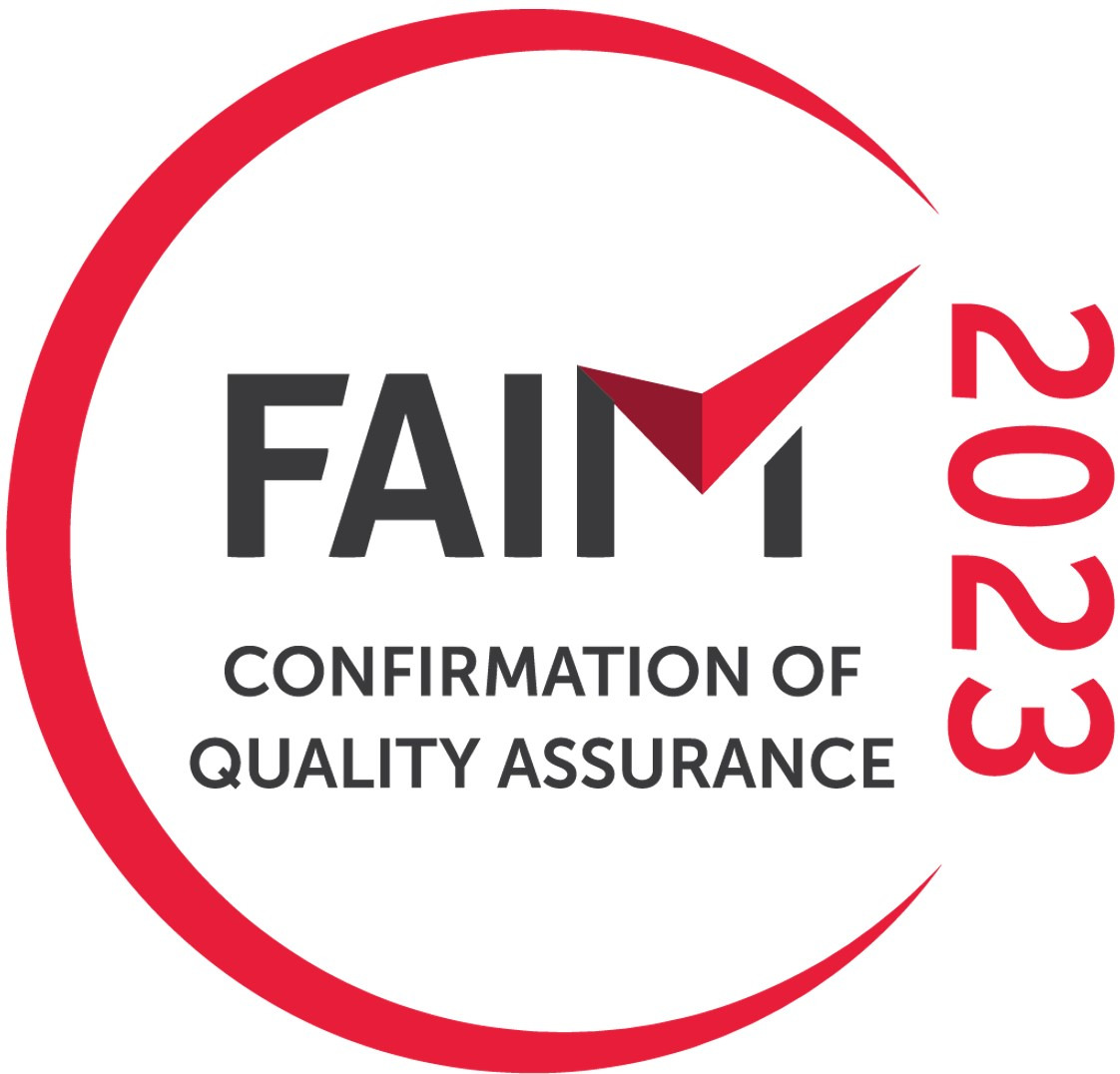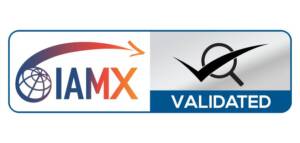The complexities of international shipping are ever-evolving, and the British Association of Removers (BAR) Overseas Group has provided valuable insight into the intricacies of transporting lithium-ion (Li-ION) batteries. Their “Battery Risk Management Guide” is an essential resource for understanding the current risks and procedures, particularly in the context of international shipping on container ships.
Understanding the Guidelines
BAR’s guide serves as a pivotal reference, addressing the risks associated with Li-ION battery shipping. It highlights several key aspects:
– Classification of Li-ION Batteries: According to the guide, equipment with batteries under 100Wh and less than 2g can be shipped as NON DG (non-dangerous goods). However, this classification comes with its own set of challenges:
– Diverse Shipping Line Policies: Some lines might completely exclude Li-ION batteries.
– Safety Precautions: The necessity for batteries to be shielded from damage, short-circuiting, and accidental activation. Additionally, appropriate packing and correct labelling are imperative.
– Responsibility for Compliance: The guide places significant responsibility on the consumer to ensure these safety standards are met.
The Case for Larger Li-ION Items and Vehicles
For larger Li-ION powered items and electric/hybrid vehicles, the BAR guide categorically states the need to ship them as Hazardous Cargo, subject to the shipping line’s acceptance. This includes a variety of items such as hoverboards, e-scooters, e-bikes, and certain power tools.
The Process and Implications of Declaring Hazardous Cargo
BAR’s guide highlights the complexities of declaring an item as ‘Hazardous Cargo.’ This involves:
-Securing Approval: Gaining permission from shipping lines, which may not uniformly accept Li-ION batteries.
– Incurring Additional Costs: Facing freight surcharges and other related expenses.
– Navigating Regulatory Constraints: Adhering to strict rules and procedures that could affect booking and shipping timelines.
Additionally, the guide warns against the failure to declare Li-ION batteries. Such misdeclaration is viewed as a serious offence, leading to substantial fines and the potential confiscation of the shipment.
BAR Overseas Group’s Advice
Given these challenges, the BAR Overseas Group recommends against shipping Li-ION batteries. The guide recognises the varied and often inconsistent policies of shipping lines regarding Li-ION batteries, along with the heightened fire risks these batteries pose.
Conclusion
The British Association of Removers’ “Battery Risk Management Guide” is instrumental in highlighting the complexities and risks involved in shipping Li-ION batteries internationally. It stresses the need for consumer awareness about the responsibilities and potential liabilities in such shipments. The BAR Overseas Group, with its expertise, is committed to guiding customers through these challenges, ensuring informed decisions are made regarding international relocations. For additional information or assistance, consumers are encouraged to contact your Move Manager at John Mason International.















